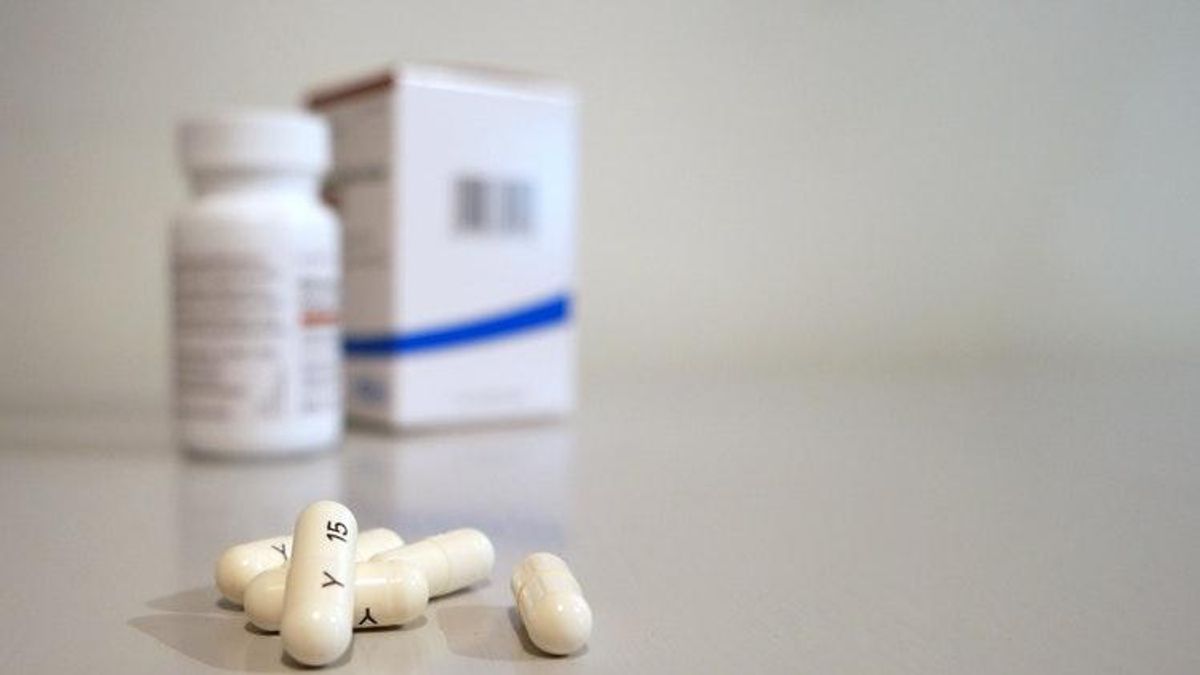It's no coincidence that American companies led the charge to develop COVID-19 vaccines. Numerous policies — from strong patent protections to a welcoming immigration system — help ensure that the world's smartest scientists can pursue cutting-edge research here.
Many Americans, especially those with HIV, are alive today thanks to this innovation. Unfortunately, these same Americans have the most to lose if a well-intentioned but misguided drug-pricing bill becomes law.
The proposal — introduced in 2019 as the Lower Drug Costs Now Act, or H.R. 3, and set to return within weeks — would set drug prices, pegging Medicare payments to the average price in six other developed countries.
In these "reference" countries, though, government officials make coverage and payment decisions based on heartless and antiquated cost-benefit analyses, called "quality-adjusted life-years."
These "QALYs" are inherently discriminatory, especially against those living with disabilities or chronic diseases, as they put a dollar figure on "perfect" health. So even when a treatment works exactly as it's supposed to — and brings a patient back to his or her full life — those with underlying health conditions, like HIV, are deemed to never be "worth" as much to government regulators.
Let's be clear. Such analyses are cruel. And by importing other nations' drug prices, we'd be importing such analyses here. In many of the reference nations, government regulators declare hard cut-offs on what they'll spend — and therefore conclude that many patients are essentially "too expensive" to be worthy of care. In the United Kingdom's National Health Service, for example, medicines that cost more than $42,000 annually generally aren't covered.
This refusal to cover medicines that exceed an arbitrary threshold explains why the average patient in OECD countries had access to only 51 percent of new cancer medications launched worldwide from 2011-2019, while American patients had access to 96 percent.
Currently, QALYs aren't used to determine the cost of drugs in the United States. In fact, the George H.W. Bush administration established that using QALYs would violate the Americans with Disabilities Act. And the Affordable Care Act includes protections that bar U.S. officials from using QALY assessments to make coverage or payment decisions.
But under H.R. 3, vulnerable patients would be subjected to discriminatory QALY assessments, just indirectly.
The bill is also concerning because it would discourage research.
Developing new medicines is risky. Fewer than 12 percent of experimental medicines entering clinical trials are eventually approved by the FDA. Drugs that make it to market have to subsidize all these failures. That’s why, on average, it costs $2.6 billion to bring a new medicine to market, according to a Tufts University study.
By tying Medicare's payments to the arbitrarily low prices paid abroad, H.R. 3 would reduce monies available for research and development. And by limiting potential returns, the bill would make research projects less attractive to investors. One analysis found that H.R. 3 could result in at least 56 fewer new medicines over 10 years.
As a person living with HIV, I've seen the power of medical innovation firsthand. In 10 years, I've gone from taking three pills per day to only one. At the height of the HIV/AIDs epidemic, the disease was a death sentence. But today, thanks to the innovation of the pharmaceutical industry and the incredible antiretroviral treatments it developed, those living and loving with HIV have life expectancies that match those without it.
Encouraging innovation is the best way to help vulnerable patients like me. Unfortunately, H.R. 3 puts patients last.
Guy Anthony is the president and CEO of Black, Gifted & Whole.











































































